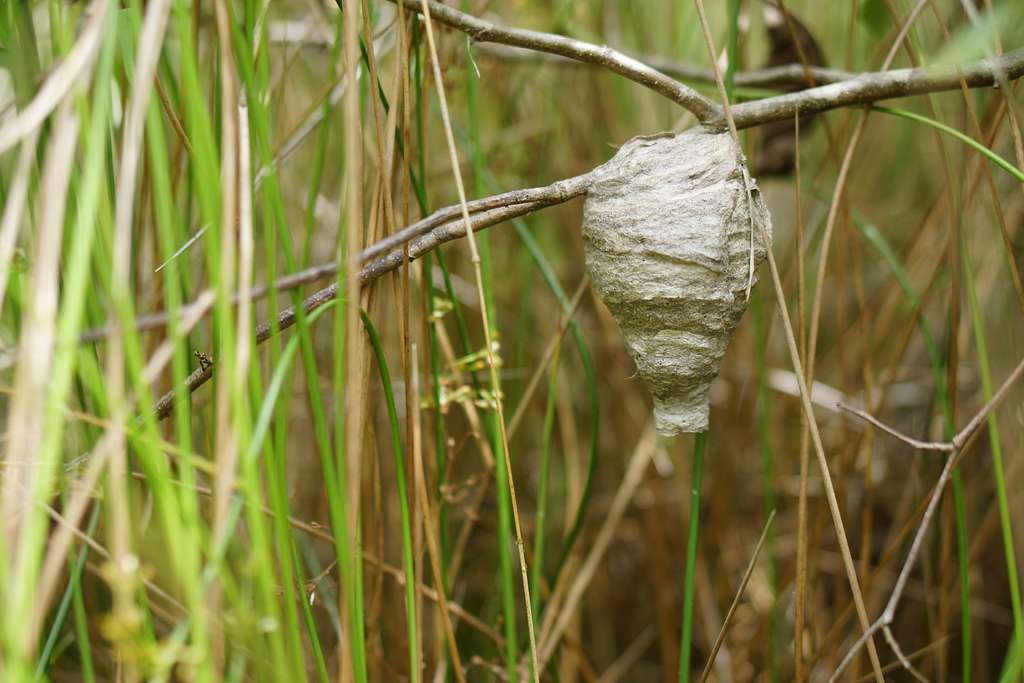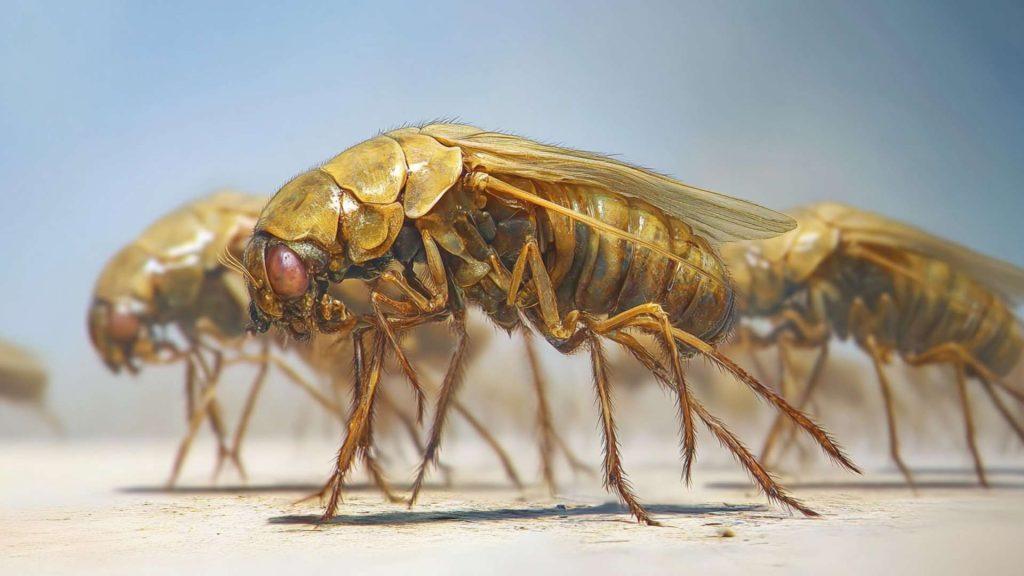Hornet nests around your property can be a source of concern, especially if they are located near high-traffic areas such as doorways or patios. Hornets are known to become aggressive when their nest is disturbed. Understanding how to remove a hornet nest safely and when to call a professional can help you manage the situation without putting yourself or others at risk.

 While professional removal may seem costly, it’s important to weigh the risks of attempting to remove the nest yourself. For large or dangerous nests, investing in a pest control service is a safer and more reliable solution.
While professional removal may seem costly, it’s important to weigh the risks of attempting to remove the nest yourself. For large or dangerous nests, investing in a pest control service is a safer and more reliable solution.

Why Removing a Hornet Nest is Dangerous?
Hornets are highly territorial insects and will fiercely defend their nest if they sense a threat. When a nest is disturbed, hornets can swarm and attack, delivering multiple stings. Unlike bees, hornets can sting repeatedly because their stingers are smooth and do not detach after stinging. A swarm of hornets can be especially dangerous for individuals with allergies, as even one sting can trigger a life-threatening reaction. Because of these risks, removing a hornet nest should always be approached with caution. While small nests may be manageable with the right equipment and protective measures, larger nests or nests located in difficult-to-reach areas should be left to professional pest control services.How to Remove a Hornet Nest Safely?
If you decide to remove a hornet nest on your own, it is crucial to take several safety precautions. The best time to remove a nest is either early in the morning or late in the evening when hornets are less active and most are inside the nest. Wear long-sleeved shirt, pants, gloves, a hat and other protective accessory to reduce the risk of stings. To remove a hornet nest, use a long-range insecticide spray specifically designed to kill hornets. Stand at a safe distance, at least 10-15 feet away, and spray the entrance of the nest. The insecticide should be applied directly to the nest’s entrance to kill the hornets inside. Once you’ve sprayed, wait for at least 24 hours to ensure that the colony has been eradicated before approaching the nest again. Afterward, use a long pole or tool to knock the nest down and dispose of it in a sealed plastic bag. Make sure to check for any remaining hornets around the area before approaching to avoid being stung by stragglers.When to Call a Professional?
While it may be tempting to handle the situation on your own, there are several instances when it’s best to call a professional to remove a hornet nest. If the nest is large, difficult to access, or located in a high-risk area like your attic, chimney, or inside a wall cavity, professional pest control services are the safest option. Calling a professional also ensures that the nest is fully removed and that there are no remaining hornets left to rebuild. Pest control experts can also help identify areas around your home that may be prone to future nests and provide advice on how to prevent hornets from returning.How Much Does Hornet Nest Removal Cost?
The cost of removing a hornet nest differs depending on factors such as the size of the nest, its location, and the level of infestation. Its cost ranges $100 to $300 (cost might vary) for homeowners to get professional removal services. Nests that are difficult to access, such as those inside walls or attics, may cost more due to the extra time and effort required to safely remove them. While professional removal may seem costly, it’s important to weigh the risks of attempting to remove the nest yourself. For large or dangerous nests, investing in a pest control service is a safer and more reliable solution.
While professional removal may seem costly, it’s important to weigh the risks of attempting to remove the nest yourself. For large or dangerous nests, investing in a pest control service is a safer and more reliable solution.
Myths and Facts About Hornet Nest Removal
| Myth | Fact |
| All hornet nests are easy to spot. | Some hornet nests are hidden in trees, wall cavities, or attics, making them harder to detect. |
| You can safely remove a hornet nest anytime during the day. | Hornets are less active in the early morning or late evening, making these the safest times to attempt removal. |
| Water can be used to remove a hornet nest. | Water is ineffective and can make hornets more aggressive; insecticide sprays are required to kill the colony. |
| Hornet stings are no worse than bee stings. | Hornet stings are more painful and can be repeated, as their stingers don’t detach. |
| Once a hornet nest is removed, they won’t come back. | Hornets may return and rebuild if favorable conditions remain; regular inspections are necessary. |


